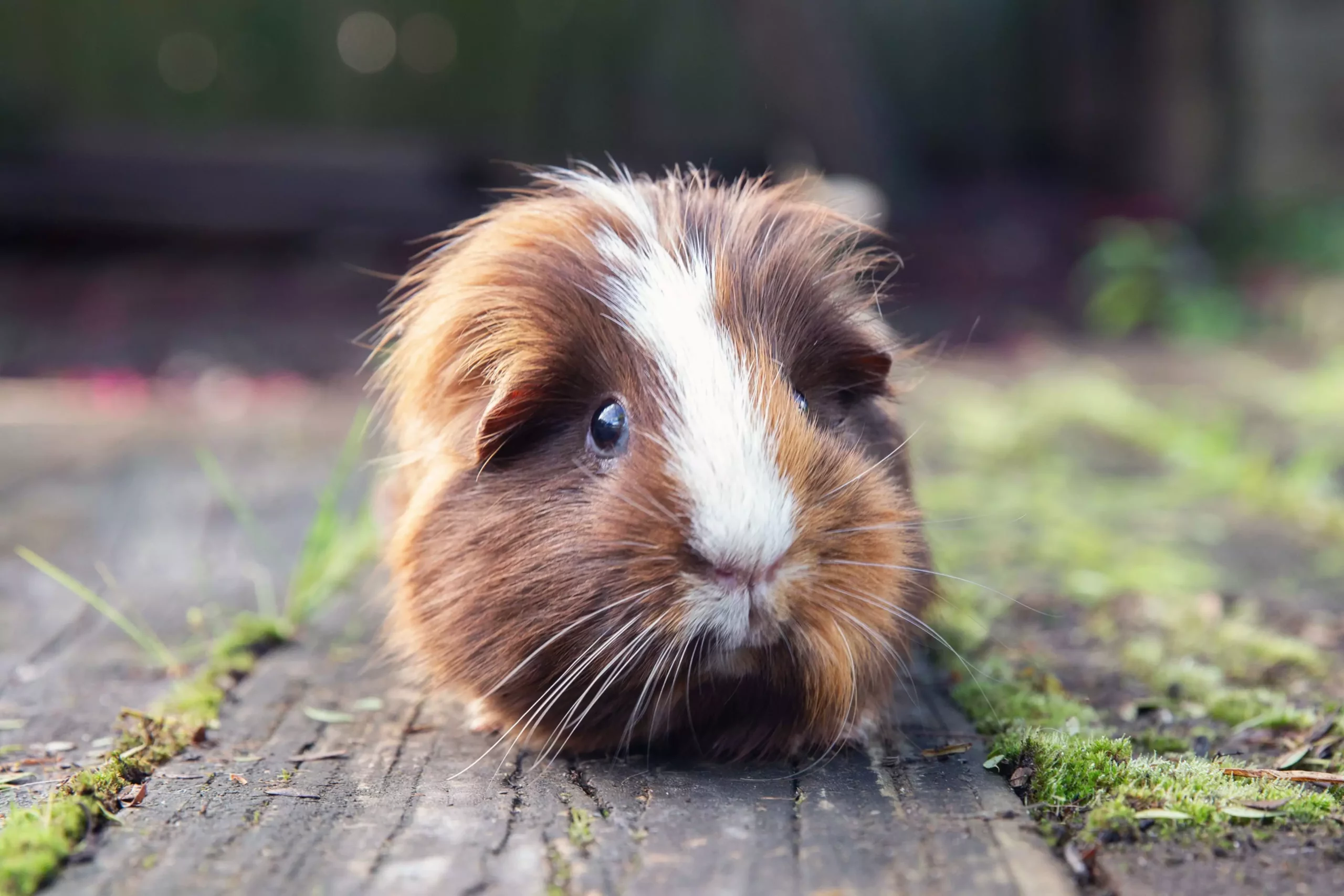Guinea pigs, with their charming personalities and cute features, are beloved pets for many households. While their lifespan of five to seven years may not compare to that of a dog or cat, prospective owners must understand the responsibilities involved in caring for these social creatures. This article explores various aspects of guinea pig care, socialization needs, diet, health factors, and the joy they bring to our lives, providing a comprehensive overview for potential owners.
Before bringing a guinea pig into your home, it is essential to recognize the commitment required for its care. Though their lifespan might seem relatively short, potential owners must be prepared for a long-term relationship with these affectionate companions. Guinea pigs thrive in social settings and are happiest when they live with a partner. Keeping at least two guinea pigs prevents loneliness, and both same-sex pairings—female-female or male-male—can live harmoniously together under the right conditions. However, personality plays a crucial role when selecting pairs; some guinea pigs may not get along despite careful introductions.
One of the most common mistakes new guinea pig owners make is underestimating the necessary space for their pets. Many commercially available cages are inadequate for even a pair of guinea pigs. Manufacturers often create housing that appears sufficient, but guinea pigs require ample room for exercise and exploration. A homemade cage can be an excellent solution; it offers customization in size and configuration while ensuring the safety of your pets. Remember, guinea pigs are not avid climbers or escape artists, which makes homemade options feasible and practical.
To maintain a healthy living environment, regular cleaning is vital. A minimum of weekly cage cleaning is essential, and owners should promptly remove waste daily to maintain hygiene. Provide clean bedding and ensure food and water supplies are always fresh to keep your guinea pigs healthy and happy.
Guinea pigs are inherently vocal creatures and communicate through a variety of sounds. One of the most recognizable calls is wheeking, often a signal of excited anticipation for food or attention. Their purring indicates contentment, while hissing or teeth chattering signals discomfort or aggression. Recognizing these vocal cues enhances the bond between owner and pet, as it enables more effective communication and understanding of their needs.
While some guinea pigs may be timid initially, a gentle, consistent approach to handling can significantly ease them into being comfortable with human interaction. Children must be supervised when engaging with guinea pigs to ensure gentle treatment. Remarkably, guinea pigs are less likely to bite even when feeling stressed, making them suitable pets for families with considerate children.
A well-balanced diet is crucial in ensuring your guinea pig remains healthy. Unlike many animals, guinea pigs cannot produce their vitamin C, making it imperative to provide a nutritious diet rich in this essential nutrient. A high-quality guinea pig food mixed with plenty of fresh vegetables and hay will meet their dietary needs. Supplementing with vitamin C tablets can also be beneficial, as adding it to their drinking water may not offer the same efficacy.
It’s equally important to monitor your guinea pig’s health, as they are prone to specific ailments such as dental diseases and gastrointestinal issues. Regular veterinary check-ups are essential for preventative care and early detection of potential problems. Proper nutrition, combined with impeccable hygiene practices, ensures your guinea pig has the best chances at a long and healthy life.
Beyond basic care, maintaining your guinea pig’s mental health should also be a priority. Guinea pigs are intelligent and require mental stimulation to prevent boredom, which can lead to behavioral issues. Providing enriching toys, tunnels, and other interactive stimuli will keep your pets engaged and content. Additionally, supervised outdoor time allows them to safely explore new environments, promoting physical well-being.
Creating hiding spots within their cage using cardboard boxes or store-bought hideouts is equally crucial, as these creatures enjoy the security of a safe retreat. This instinctual behavior helps them navigate their environment, providing both comfort and security.
Guinea pigs, with their endearing nature, distinctive sounds, and social behavior, can become cherished members of the family. However, they require a dedicated owner willing to meet their dietary, social, and physical needs. From establishing a suitable living environment to understanding their health requirements, being an informed guardian is key to fostering a thriving life for these delightful pets. Adopting from shelters also gives a second chance at life to guinea pigs in need, making the journey of guinea pig ownership not only fulfilling but profoundly rewarding.

